The French Civil Code
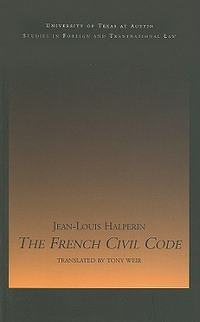
Summary
This book charts the formation of the French Civil Code, examining both its public and private effects. From the sixteenth to the eighteenth century, French private law was very different in the various parts of the country. In northern and central France, there were as many as sixty-five general customs in force, as well as over three hundred local customs, often differing from them in detail. As the feeling of nationhood grew, so did the idea of replacing the existing variety of laws by a single private law, possibly a code, common to all of France. 'A single body of law, called the Code Civil is to be created' proclaimed the Law of 21 March 1804, which was created by the amalgamation of thirty-six texts. The French Civil Code analyzes the Code using contemporary and modern sources, including the beautiful and concise extract from H.A.L. Fisher's History of Europe which gives an English historian's appraisal of Napoleon's contribution to the Code Civil. This text will appeal to all students of and those with an interest in international law.
Similar Books
-
 Quatre-vingt-neuf
Quatre-vingt-neufby Georges Lefebvre
-
 Medieval Ireland: The Enduring Tradition
Medieval Ireland: The Enduring Traditionby Michael Richter
-
 Akhenaten and Tutankhamun: Revolution and Restoration
Akhenaten and Tutankhamun: Revolution and Restorationby David P. Silverman
-
 The Cult of Remembrance and the Black Death: Six Renaissance Cities in Central Italy
The Cult of Remembrance and the Black Death: Six Renaissance Cities in Central Italyby Samuel K. Cohn Jr.
-

-
 Analytical Philosophy of History
Analytical Philosophy of Historyby Arthur C. Danto
-
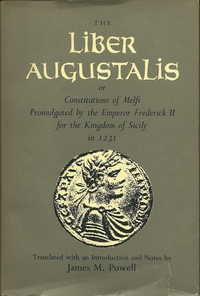 The Liber Augustalis or Constitutions of Melfi Promulgated By the Emperor Frederick II for the Kingdom of Sicily in 1231
The Liber Augustalis or Constitutions of Melfi Promulgated By the Emperor Frederick II for the Kingdom of Sicily in 1231by Frederick II of Hohenstaufen
-
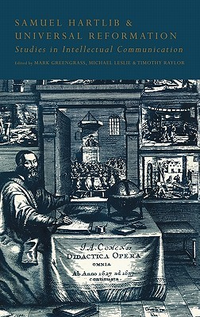
-
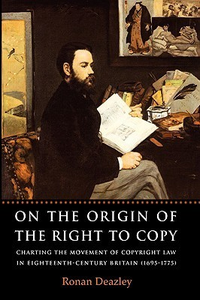
-
 Governing Passions: Peace and Reform in the French Kingdom, 1576-1585
Governing Passions: Peace and Reform in the French Kingdom, 1576-1585by Mark Greengrass
-
 The Ancient Constitution and the Origins of Anglo-American Liberty
The Ancient Constitution and the Origins of Anglo-American Libertyby John Phillip Reid
-

-

-
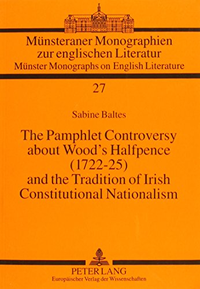
-
 Law and Citizenship in Early Modern France
Law and Citizenship in Early Modern Franceby Charlotte C. Wells